Bananas have for a long time been under the microscope of public scrutiny whenever weight loss journey is mentioned. People constantly debate if it aids in weight loss or if it's just a myth.
I often get asked about bananas from my clients who are trying to lose weight. I wanted to find the answer so I checked what scientific studies have to say, and I consulted our dietician.
Here's everything you should know about bananas and weight loss.
Quick Summary
- Bananas are good for weight loss because they are rich in fiber which makes someone full for longer, indirectly reducing calorie intake per day.
- Bananas provide essential nutrients like potassium, vitamins, and resistant starch, beneficial for overall health.
- According to the USDA Department of Agriculture, one medium banana contains about 105 calories and provides 477 mg of potassium, contributing to 10% of the daily recommended intake for adults.
- I found bananas to be a versatile and healthy addition to a weight loss diet.
Claims About Bananas & Weight Gain
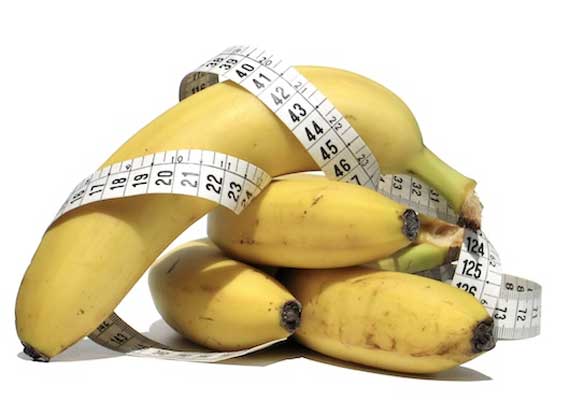
In my years of coaching, I've encountered several claims about bananas leading to weight gain, such as:
- They are high in calories when compared to other fruits
- Bananas are fairly high in sugar which can turn to body fat more quickly than other nutrients.
- They are high in carbohydrates
To answer this question well, we will need to look 5 main components of the overall health of bananas:
5 Banana Health Components
1. The Nutritional Value Of Bananas
Let's debunk the first myth "They are high in calories when compared to other fruits."
False, they only have a moderate amount of calories.
Though it may have a higher calorie count than other fruits, the natural nutrition profile of a banana reveals that it is a nutrient-packed fruit.
According to the USDA Department of Agriculture, one medium banana contains around 105 calories and provides 358 mg of potassium (10% of the daily recommended intake for adults) [1].
Research has shown that potassium is essential for lowering blood pressure, sustaining muscle mass and maintaining bone mass density.
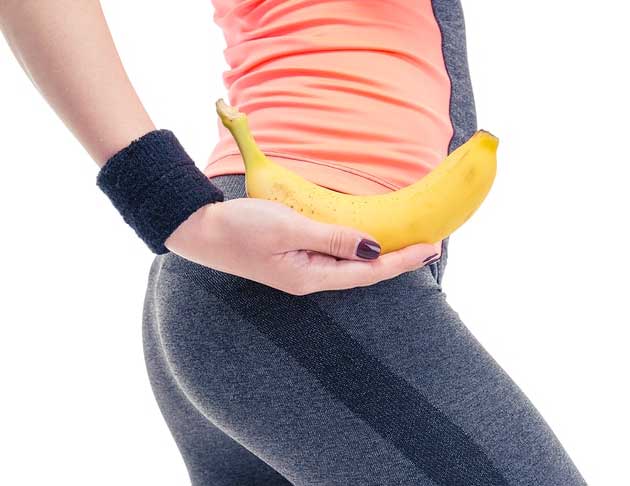
That same banana contains between:
- 22.8 g carbohydrates
- 2.6 g fiber
- 0.5 g fat
- 12.2 g sugar
- 15% of the daily value of Vitamin C
2. Don't Bananas Have A Lot Of Sugar?
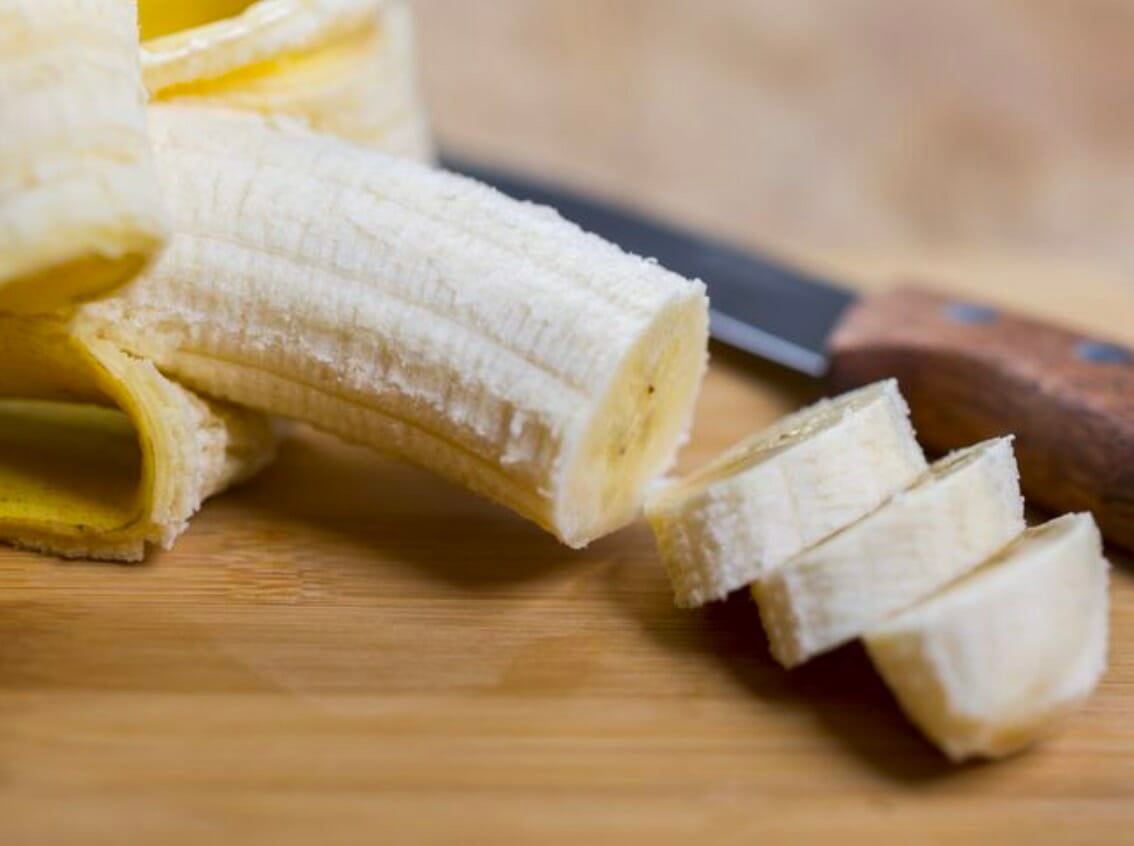
No, bananas do not have an excessive amount of sugar; they contain about 12 grams of natural sugar, which is less harmful than processed sugars.
There are some health professionals who will go on the record claiming that all sugar in your body is bad news [2].
These experts believe that while fruit sugar is less processed than, say, table sugar, it's still sugar and an unnecessary part of a healthy diet.
Though bananas contain about 12 grams of sugar, this is a natural form of sugar that isn't as readily absorbed as processed sugars.
From what I've seen, the 12 grams of natural sugar in bananas don't impact my clients like processed sugars do.
Viewing glucose as the enemy is the wrong idea. Your brain can't even function without glucose, so next time someone critiques your banana eating habits you can respond that you're eating brain food.
Diets like Calisthenics encourage eating fruits with natural sugar
Watch this video to learn more:

3. Dietary Fiber
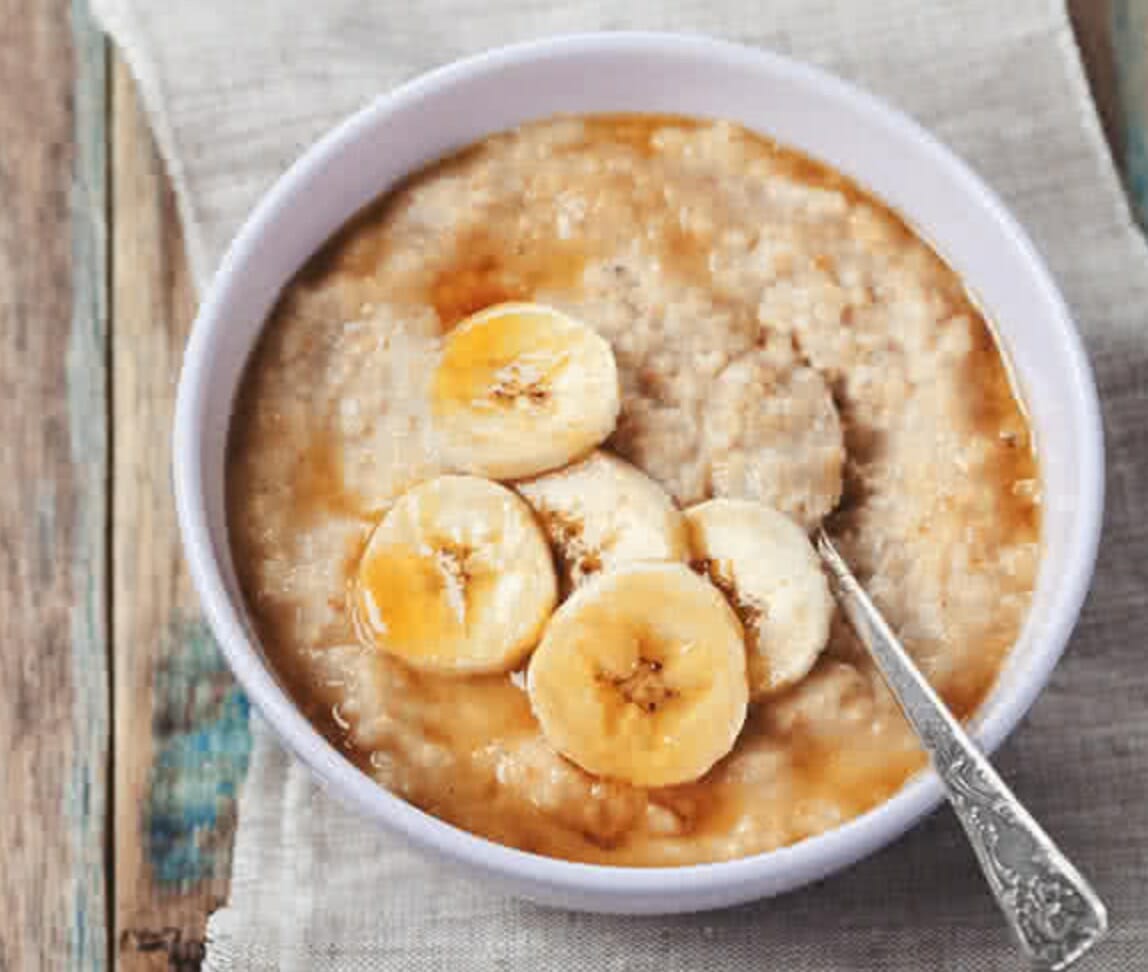
As the parts of food that your body can't digest, dietary fiber is essential for lowering the risk of diabetes and heart disease, and even helping you maintain a healthy weight.
From my clients' experiences, the fiber in bananas really helps curb snacking by keeping them full longer.
Avoiding spikes in blood sugar causes your body to seek other fuel sources and burn fat for energy, which causes you to lose weight.
I often recommend a large banana for its 5 grams of fiber - it's a simple way to meet daily fiber needs: 25 grams daily for women and 38 grams for men.
4. Resistant Starch
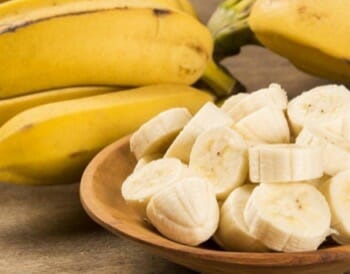
Some of the carbohydrates in a banana are called resistant starch [3]. This starch is incompletely digested and actually ferments in the colon.
This means that the body pulls out fewer calories per gram of resistant starch than for other carbohydrates, which keeps you feeling full without you having to absorb every calorie from the food you've eaten.
I've found green bananas, with their 8.5 grams of resistant starch, to be excellent for weight control.
The levels go down as the banana ripens, meaning a fully ripe one has about 3 grams. To reap the benefits, substitute a green banana for your regular yellow snack and you will be absorbing fewer calories that would be piled on as extra pounds.
One study found that replacing just 5 percent of your day’s carbohydrates with a source of resistant starch caused participants to increase their post-meal fat burn by over 30 percent [4].
Do Bananas Help Support Weight Loss?
Yes, bananas support weight loss. Essentially, in order to gain weight you need to be eating more calories than you burn on any given day.
Unless you are going through bananas like King Kong, there is no reason to be concerned. Bananas will cause not you to gain weight.
The best way to enjoy the benefits of bananas in your diet plan is to practice moderation. Just one or two bananas a day is perfectly healthy; any more is considered excessive by most health experts.
5. Glycemic Index
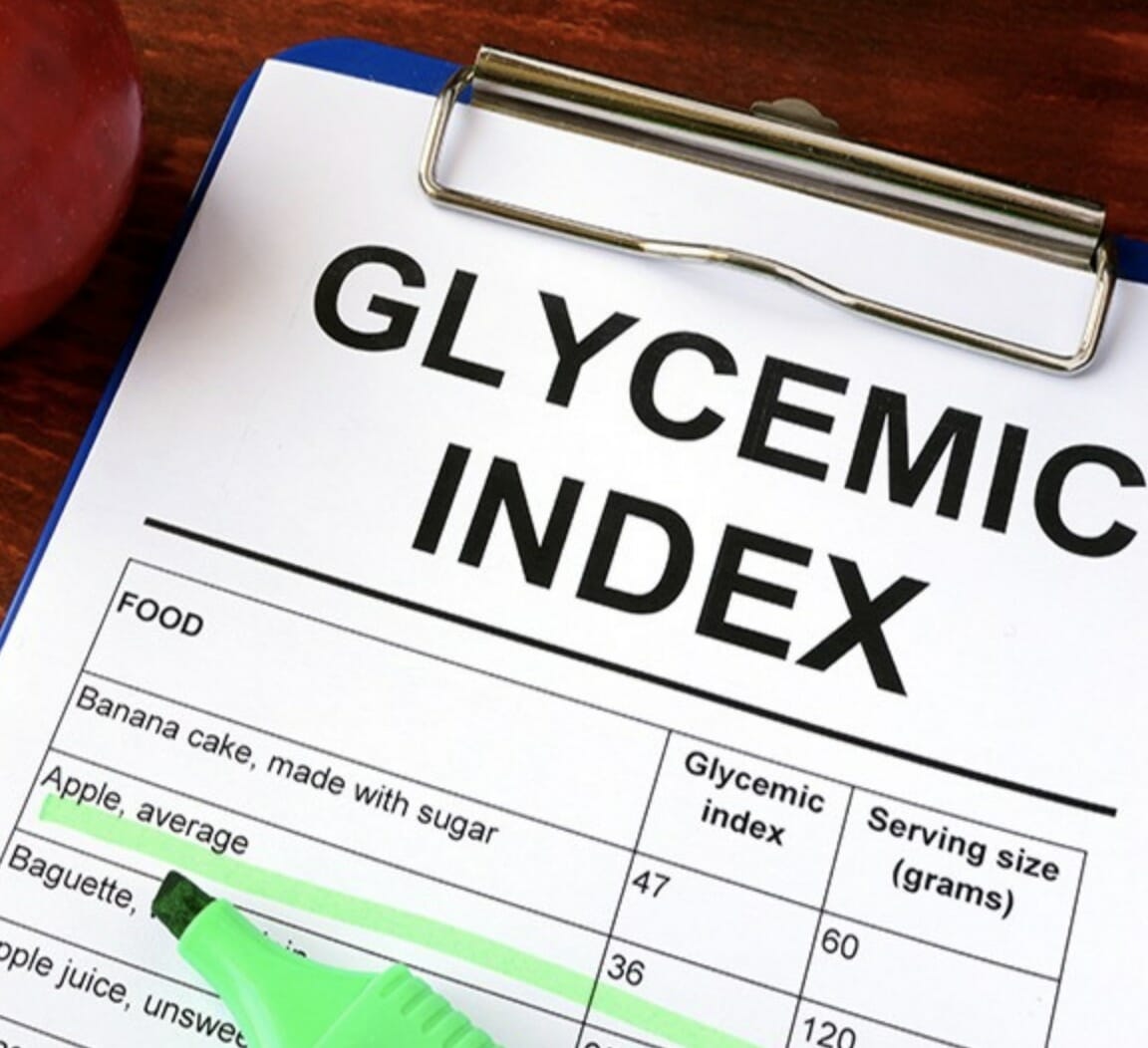
According to Harvard Health, bananas have a moderately low glycemic index, which means that they control the blood sugar levels in your body by preventing spikes that occur when you eat sugary foods [5].
This means they help control blood sugar levels, preventing the spikes typically caused by sugary foods. I've seen this firsthand with clients who have replaced high-GI snacks with bananas and reported more stable energy levels throughout the day.
In fact, bananas can be the perfect addition to your weight loss plan because the naturally sweet fruity taste will satisfy your sweet tooth and stop you from reaching for more calorie-laden snack options.
Glycemic Index Ranking
A good way to understand whether a specific food's carbohydrates will help you with weight loss or not is to look at the glycemic index (GI). According to its founders, the GI;
... is a ranking of carbohydrates on a scale from 0 to 100 according to the extent to which they raise blood sugar levels after eating. Foods with a high GI are those which are rapidly digested and absorbed and result in marked fluctuations in blood sugar levels.
Low-GI foods, by virtue of their slow digestion and absorption, produce gradual rises in blood sugar and insulin levels, and have proven benefits for health." [5]
- Glycemic Index
Because all carbohydrate-laden foods are ranked from 1 to 100 on the GI system, any food from 1 to 55 is considered to have a low GI, and having one from 56-100 is high. As a standard, pure sugar has a GI rating of 100.
Bananas have a higher ranking than most fruits but are relatively moderate when compared to other GI foods. Depending on how ripe a banana is (green bananas get a lower index score), its ranking can range from 42 to 62.
Here are some examples of GI scores that show how bananas compare to other starchy foods in a typical American diet.
| High-GI Food | Glycemic Index |
|---|---|
| Banana | 42 - 62 |
| Coca-Cola | 53 - 63 |
| White Bread (1 slice) | 70 - 75 |
| Cheerios | 74 |
| Doughnut | 75 |
| Instant Oatmeal | 83 |
| White Potato (baked, without skin) | 98 |

From this data, you can see that bananas are fairly average when it comes to GI levels, especially when compared to far less “natural” food choices.
This makes it difficult to blame bananas for weight gain caused by spikes in blood sugar levels, especially when you factor in the dietary fiber and resistance starches they provide right along with their sugar content.
Plus, the health benefits in every banana far outweigh their calories, making them the perfect choice for a daily snack.
Did you like this post? You may want to check out this article too: 21 Best Foods For Muscle Building
Banana Varieties and Weight Loss
When it comes to weight loss, not all bananas are created equal:
- Cavendish bananas: The most common type found in supermarkets, Cavendish bananas are known for their sweet taste and high sugar content as they ripen. Their higher glycemic index makes them less ideal for weight loss compared to other varieties.
- Lady finger bananas: Smaller and sweeter, Lady Finger bananas are a great snack option. They have slightly higher fiber content than Cavendish, which can help in feeling fuller for longer, a key aspect in weight management.
- Blue Java bananas: Known for their ice cream-like texture and flavor, Blue Java bananas are a unique variety. They have a lower calorie count and are rich in fiber, making them a suitable option for those looking to lose weight.
- Plantain bananas: While technically a banana, plantains are usually cooked before consumption. They are high in starch and fiber, especially when green, and can be a good substitute for grains in a weight-loss diet.
- Red bananas: Richer in antioxidants and fiber compared to their yellow counterparts, red bananas can be a healthier choice for weight loss. Their lower glycemic index helps in maintaining stable blood sugar levels.
"If you’re trying to lose weight, there is absolutely nothing wrong with eating bananas as a part of a balanced diet rich in whole foods."
- Kathy W. Warwick, R.D., CDE, a registered dietitian
References:
- https://fdc.nal.usda.gov/fdc-app.html#/food-details/173944/nutrients
- https://beckman.illinois.edu/about/news/article/2015/06/01/194d2053-38d3-4949-b30a-7dc5b16acdd7
- https://www.prevention.com/food-nutrition/healthy-eating/a20436305/resistant-starch-a-natural-fat-burner/
- https://www.eatthis.com/how-to-lose-weight-eating-resistant-starch/
- https://www.health.harvard.edu/diseases-and-conditions/glycemic-index-and-glycemic-load-for-100-foods
About The Author
You May Also Like
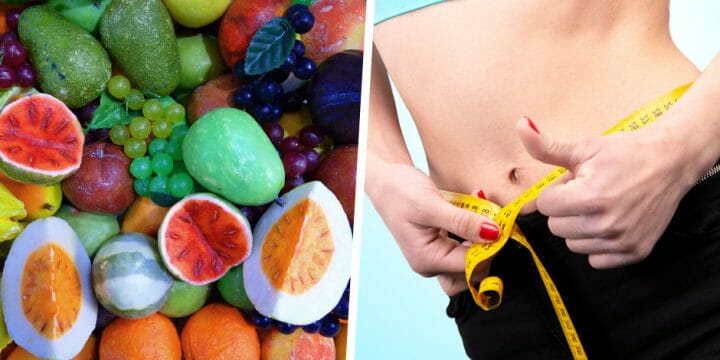



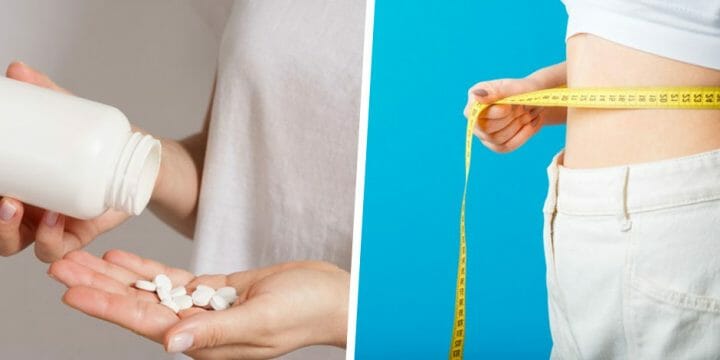
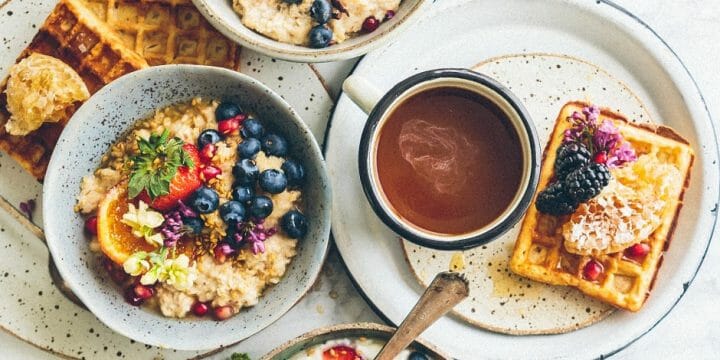

Woah, for a long time I believed that eating bananas is anti weight loss. Thanks for this article. Time to lose weight!
I have a banana every now and again, I’m trying to Lose 10 pounds. Will that help or hurt my weight loss?